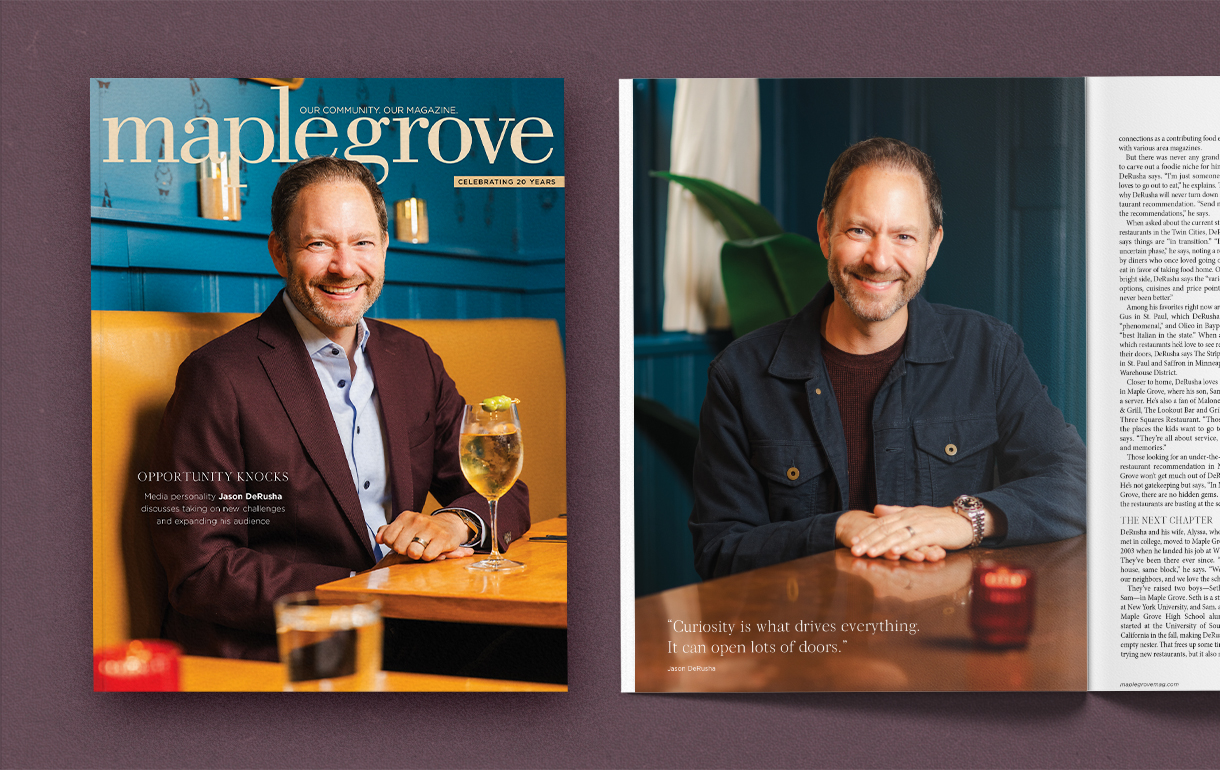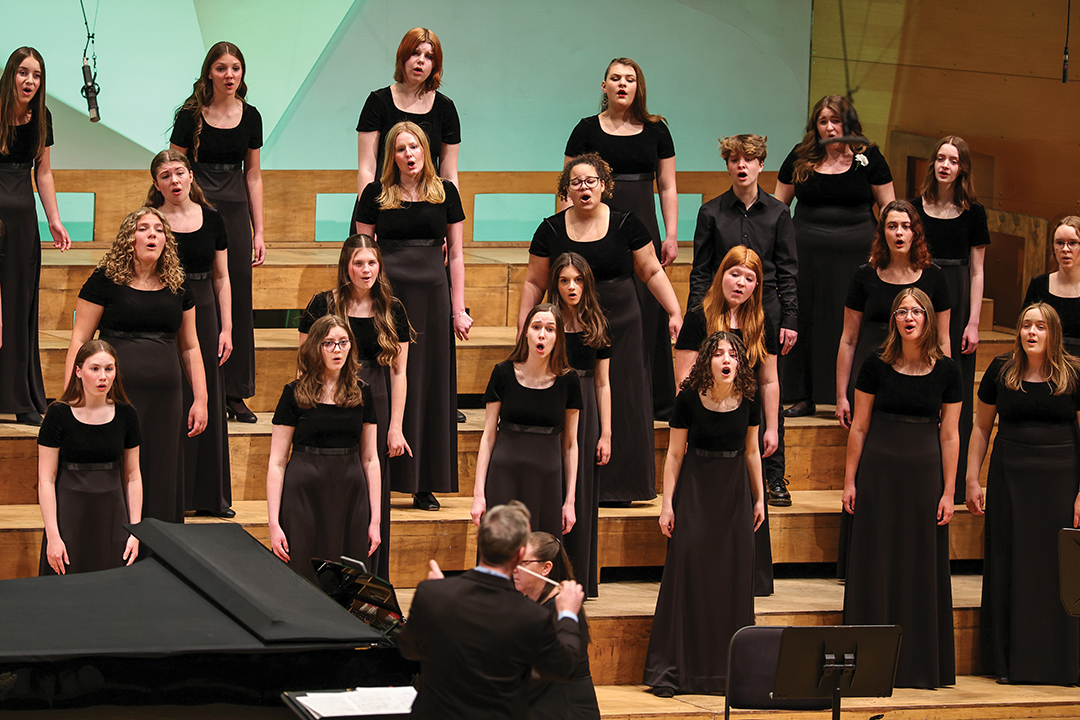
iStock/gece33
Schools and council make educational deposit in students’ personal finances.
If money talks, what’s it saying to teenagers? Once they graduate from high school, are they able to handle their personal finances on their own or with limited assistance from parents? Do they have enough financial building blocks to grow into future financial situations?
The Minnesota Council on Economic Education (MCEE) strives to equip Minnesotans with economic and personal financial understanding. Programs include Economics Challenge, Global Food Challenge and Personal Finance Decathlon competitions with students from around the state. Since 2016, teams have come from (but not limited to) Edina, Minnetonka, Wayzata and Woodbury high schools and Parnassus Preparatory School.
The Economics Challenge and the Personal Finance Decathlon are now online platforms. (In June, the state Personal Finance Decathlon champions, a St. Thomas Academy team, won third place in the national decathlon, and an Edina High School team has advanced to the national Economics Challenge.)
“Financial literacy education is vital to the health of our economy and can help prepare students and young adults for their future roles as employees, entrepreneurs, consumers, borrowers, savers, investors and voters,” according to information provided by Julie Bunn, Ph.D., MCEE executive director.
Closer to home, Osseo Area Schools offers a personal financial management course in face-to-face, online and concurrent enrollment formats. The elective is open to students in grade 9-12 and is designed for personal financial planning; and topics cover goal setting, financial aspects of career planning, budgeting, credit cards, debt and money management strategies, types of savings, retirement plans, investments and tax strategies, insurance, factors that affect the home and car buying versus leasing, fundamentals of investments and various investment options. In addition, the basics of estate planning are also covered.
“I do think it is important for students to have some exposure to personal finance. I think that sometimes when students are first independent, they may get into a situation with credit cards or loans that can be hard to recover from,” says Jill Kind, Ph.D., secondary curriculum and instruction coordinator in Osseo Area Schools. She notes that understanding issues related to credit cards, student loans, taxes and health insurance are of particular importance for students.
Younger district students also receive instruction on the topic. “Economics is one of the four main disciplines included in the K-12 MN Social Studies Standards,” says Ryan Bisson, the district’s elementary curriculum and instruction coordinator. “In elementary, the substrands for economics begin in Kindergarten with economic reasoning skills and concepts to build the foundation for personal finance, which begins in grade 3.”
Minnesota Council on Economic Education
Facebook: Minnesota Council on Economic Education
Twitter: @mceetweets






















